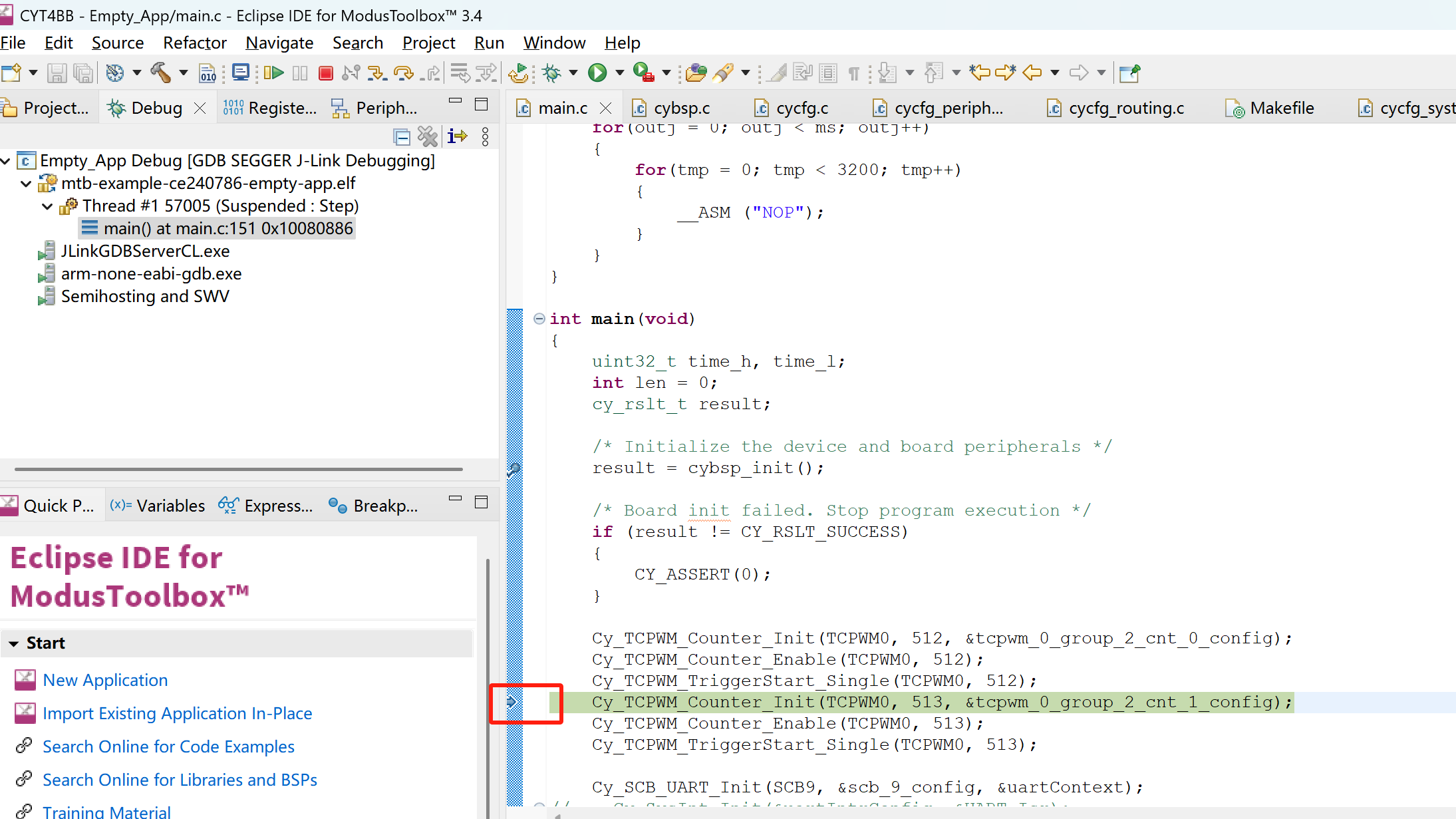栈的基本代码
栈是限定仅在表尾进行插入和删除操作的线性表。
先进后出、后进先出
栈顶:允许操作的一端
栈底:不允许操作的一端
入栈,出栈。
顺序栈 链式栈
30+2\5
1.创建 CreateSeqStack
2.销毁 DestroySeqStack
3.判断是否为空栈 IsEmptySeqStack
4.判断是否为满栈 IsFullSeqStack
5.压栈 PushSeqStack
6.出栈 PopSeqStack
seqstack.h
#ifndef __SEQSTACK_H__
#define __SEQSTACK_H__
typedef struct person
{
char name[32];
char sex;
int age;
int score;
} DATATYPE;
typedef struct list
{
DATATYPE *head;
int tlen;
int top; // 相当于clen
} SeqStack;
// 创建
SeqStack *CreateSeqStack(int size);
// 销毁
int DestroySeqStack(SeqStack *ss);
// 新增元素 入栈
int PushSeqStack(SeqStack *ss, DATATYPE *data); // add
// 删除元素 出栈
int PopSeqStack(SeqStack *ss); // del
// 判断是否为空
int IsEmpySeqStack(SeqStack *ss);
// 判断是否为满
int IsFullSeqStack(SeqStack *ss);
// 获得栈顶元素
DATATYPE *GetTopSeqStack(SeqStack *ss);
int GetSizeSeqStack(SeqStack *ss);
#endifseqstack.c
#include "./seqstack.h"
#include <stdlib.h>
#include <string.h>
#include <stdio.h>
// 创建
SeqStack *CreateSeqStack(int size)
{
SeqStack *ss = malloc(sizeof(SeqStack));
if (NULL == ss)
{
perror("CreateSeqStack malloc error\n");
return NULL;
}
ss->head = malloc(sizeof(DATATYPE) * size);
if (NULL == ss->head)
{
perror("CreateSeqStack malloc2 error\n");
return NULL;
}
ss->tlen = size;
ss->top = 0;
return ss;
}
// 销毁
int DestroySeqStack(SeqStack *ss)
{
if (NULL == ss)
{
fprintf(stderr, "DestroySeqStack pamter error\n");
return 1;
}
free(ss->head);
free(ss);
return 0;
}
// 新增元素 入栈
int PushSeqStack(SeqStack *ss, DATATYPE *data)
{
if (NULL == ss || NULL == data || IsFullSeqStack(ss))
{
fprintf(stderr, "PushSeqStack pamter error\n");
return 1;
}
memcpy(&ss->head[ss->top], data, sizeof(DATATYPE));
ss->top++;
return 0;
}
// 删除元素 出栈
int PopSeqStack(SeqStack *ss)
{
if (NULL == ss || IsEmpySeqStack(ss))
{
fprintf(stderr, "PopSeqStack pamter error\n");
return 1;
}
ss->top--;
return 0;
}
// 判断是否为空
int IsEmpySeqStack(SeqStack *ss)
{
return 0 == ss->top;
}
// 判断是否为满
int IsFullSeqStack(SeqStack *ss)
{
return ss->tlen == ss->top;
}
// 获得栈顶元素
DATATYPE *GetTopSeqStack(SeqStack *ss)
{
if (NULL == ss || IsEmpySeqStack(ss))
{
fprintf(stderr, "GetTopSeqStack pamter error\n");
return NULL;
}
return &ss->head[ss->top - 1];
}
int GetSizeSeqStack(SeqStack *ss)
{
if (NULL == ss)
{
fprintf(stderr, "GetSizeSeqStack pamter error\n");
return -1;
}
return ss->top;
}main.c
#include "./seqstack.h"
#include <stdio.h>
int main(int argc, char **argv)
{
SeqStack *ss = CreateSeqStack(5);
DATATYPE data[] = {
{"zhangsan", 'm', 20, 80},
{"lisi", 'f', 22, 86},
{"wangmazi", 'f', 22, 67},
{"guanerge", 'm', 40, 88},
{"liubei", 'm', 42, 90},
};
int i = 0;
for (i = 0; i < 5; i++)
{
PushSeqStack(ss, &data[i]);
}
int len = GetSizeSeqStack(ss);
for (i = 0; i < len; i++)
{
DATATYPE *tmp = GetTopSeqStack(ss);
printf("name:%s age:%d\n", tmp->name, tmp->age);
PopSeqStack(ss);
}
DestroySeqStack(ss);
// system("pause");
return 0;
}
练习
遍历一个文件,查找文件中字符")" ,"]","}"是否存在正确的配对字符,如果不存在,打印错误信息,找出错误在文件中的第几行,以及是上面三种字符中的哪种字符导致的错误
seqstack.h
#ifndef __SEQSTACK_H__
#define __SEQSTACK_H__
typedef struct person
{
char sym;
int linenum;
int colnum;
} DATATYPE;
typedef struct list
{
DATATYPE *head;
int tlen;
int top; // 相当于clen
} SeqStack;
// 创建
SeqStack *CreateSeqStack(int size);
// 销毁
int DestroySeqStack(SeqStack *ss);
// 新增元素 入栈
int PushSeqStack(SeqStack *ss, DATATYPE *data); // add
// 删除元素 出栈
int PopSeqStack(SeqStack *ss); // del
// 判断是否为空
int IsEmpySeqStack(SeqStack *ss);
// 判断是否为满
int IsFullSeqStack(SeqStack *ss);
// 获得栈顶元素
DATATYPE *GetTopSeqStack(SeqStack *ss);
int GetSizeSeqStack(SeqStack *ss);
#endifseqstack.c
#include "./seqstack.h"
#include <stdlib.h>
#include <string.h>
#include <stdio.h>
// 创建
SeqStack *CreateSeqStack(int size)
{
SeqStack *ss = malloc(sizeof(SeqStack));
if (NULL == ss)
{
perror("CreateSeqStack malloc error\n");
return NULL;
}
ss->head = malloc(sizeof(DATATYPE) * size);
if (NULL == ss->head)
{
perror("CreateSeqStack malloc2 error\n");
return NULL;
}
ss->tlen = size;
ss->top = 0;
return ss;
}
// 销毁
int DestroySeqStack(SeqStack *ss)
{
if (NULL == ss)
{
fprintf(stderr, "DestroySeqStack pamter error\n");
return 1;
}
free(ss->head);
free(ss);
return 0;
}
// 新增元素 入栈
int PushSeqStack(SeqStack *ss, DATATYPE *data)
{
if (NULL == ss || NULL == data || IsFullSeqStack(ss))
{
fprintf(stderr, "PushSeqStack pamter error\n");
return 1;
}
memcpy(&ss->head[ss->top], data, sizeof(DATATYPE));
ss->top++;
return 0;
}
// 删除元素 出栈
int PopSeqStack(SeqStack *ss)
{
if (NULL == ss || IsEmpySeqStack(ss))
{
fprintf(stderr, "PopSeqStack pamter error\n");
return 1;
}
ss->top--;
return 0;
}
// 判断是否为空
int IsEmpySeqStack(SeqStack *ss)
{
return 0 == ss->top;
}
// 判断是否为满
int IsFullSeqStack(SeqStack *ss)
{
return ss->tlen == ss->top;
}
// 获得栈顶元素
DATATYPE *GetTopSeqStack(SeqStack *ss)
{
if (NULL == ss || IsEmpySeqStack(ss))
{
fprintf(stderr, "GetTopSeqStack pamter error\n");
return NULL;
}
return &ss->head[ss->top - 1];
}
int GetSizeSeqStack(SeqStack *ss)
{
if (NULL == ss)
{
fprintf(stderr, "GetSizeSeqStack pamter error\n");
return -1;
}
return ss->top;
}main.c
#include "./seqstack.h"
#include <stdio.h>
#include <stdlib.h>
#include <string.h>
int do_chekc(char *buf, SeqStack *ss, int num)
{
int col = 1;
DATATYPE data;
while (*buf)
{
DATATYPE *tmp = NULL;
bzero(&data, sizeof(data));
int c = *buf;
switch (c)
{
case '(':
case '[':
case '{':
data.sym = c;
data.linenum = num;
data.colnum = col;
PushSeqStack(ss, &data);
break;
case ')':
tmp = GetTopSeqStack(ss);
if (NULL == tmp)
{
printf("read sym:%c ,line:%d col:%d\n", c, num, col);
return 1;
}
if ('(' == tmp->sym)
{
PopSeqStack(ss);
}
else
{
printf("read sym:%c ,line:%d col:%d or top sym:%c ,line:%d col:%d\n", c, num, col, tmp->sym, tmp->linenum, tmp->colnum);
return 1;
}
break;
case ']':
tmp = GetTopSeqStack(ss);
if (NULL == tmp)
{
printf("read sym:%c ,line:%d col:%d\n", c, num, col);
return 1;
}
if ('[' == tmp->sym)
{
PopSeqStack(ss);
}
else
{
printf("read sym:%c ,line:%d col:%d or top sym:%c ,line:%d col:%d\n", c, num, col, tmp->sym, tmp->linenum, tmp->colnum);
return 1;
}
break;
case '}':
tmp = GetTopSeqStack(ss);
if (NULL == tmp)
{
printf("read sym:%c ,line:%d col:%d\n", c, num, col);
return 1;
}
if ('{' == tmp->sym)
{
PopSeqStack(ss);
}
else
{
printf("read sym:%c ,line:%d col:%d or top sym:%c ,line:%d col:%d\n", c, num, col, tmp->sym, tmp->linenum, tmp->colnum);
return 1;
}
break;
}
buf++;
col++;
}
return 0;
}
int main(int argc, char **argv)
{
SeqStack *ss = CreateSeqStack(100);
FILE *fp = fopen("./hello.c", "r");
if (NULL == fp)
{
perror("fopen");
return 1;
}
int num = 1;
int ret = 0;
while (1)
{
char buf[256] = {0};
if (NULL == fgets(buf, sizeof(buf), fp))
{
break;
}
ret = do_chekc(buf, ss, num);
if (1 == ret)
{
DestroySeqStack(ss);
exit(1);
}
num++;
}
if (IsEmpySeqStack(ss))
{
printf("file ok\n");
}
else
{
DATATYPE *tmp = GetTopSeqStack(ss);
printf("top sym:%c ,line:%d col:%d\n", tmp->sym, tmp->linenum, tmp->colnum);
}
DestroySeqStack(ss);
// system("pause");
return 0;
}
例如创建一个hello.c文件,其中文件少了一个);

运行结果:



















